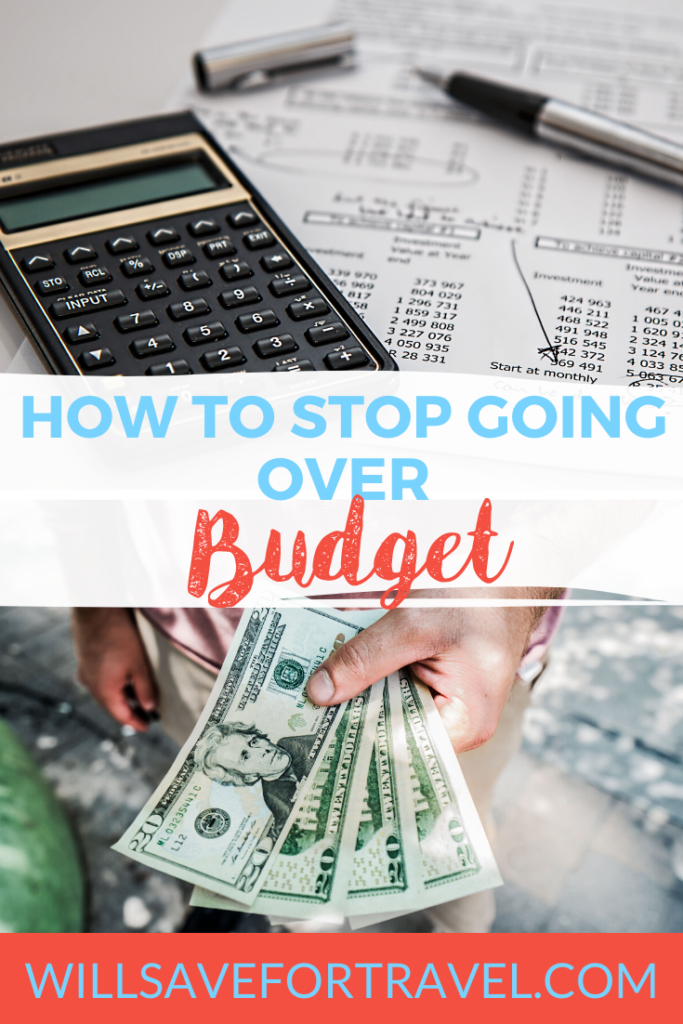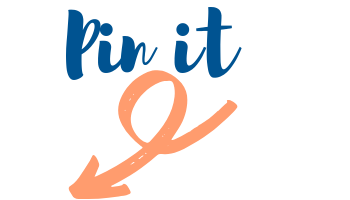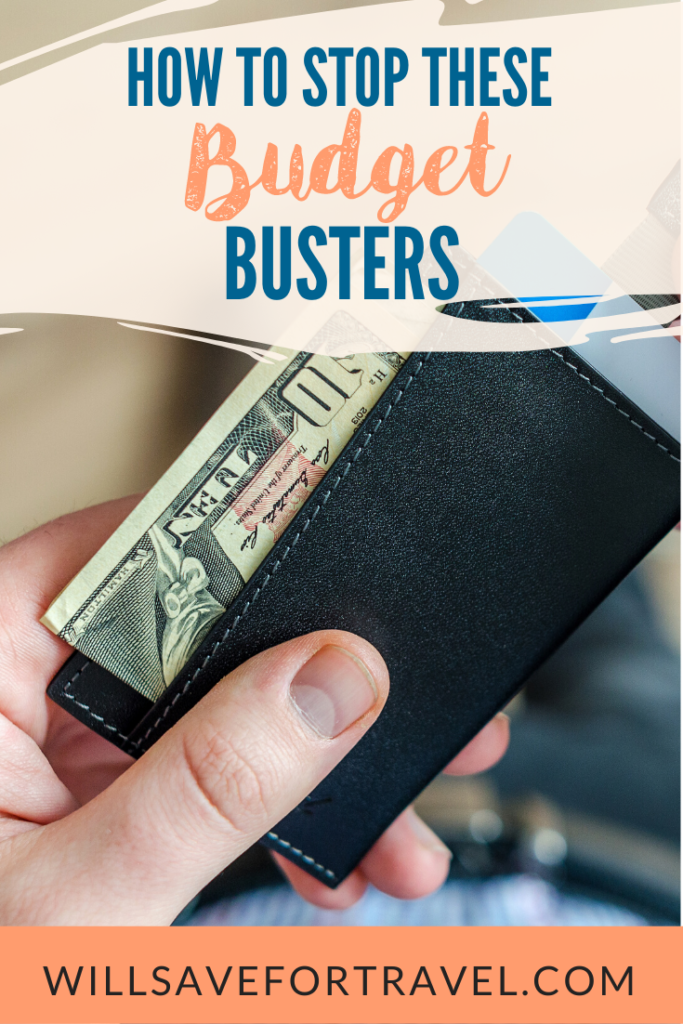3 Budget Busters And How To Combat Them
Budgeting Finance || Tags: budgeting, Money ||Feel like you’re always over budget? Here are 3 common budget busters and how you can reduce your expenses!
I’ve been budgeting monthly for a while now, but just because I have lots of experience doesn’t mean I do it perfectly 100% of the time. In fact there’s been more than a few months that we have gone over budget, either because we over spent, forgot to include something in our budget or we didn’t make as much income as we usually do.
Going over budget is going to happen, but it’s important to know what to do, and not give up completely. Too many people give up whenever they go over budget and allow it to derail their progress. Here are 3 of my common budget busters and how we are combating them.

Groceries
Food is the most common category we go over budget in, and I’m guessing that’s a problem for you too! We used to use our debit card for groceries but then we didn’t keep track very well of how much we had been spending. Way back before this blog, and really committing to the debt free life, we used to do a cash budget for groceries. Then when the money is gone you need to be creative. This month we decided to go back to cash for a while since the last few months we had been going over budget. So far so good!
Read more about how we make a grocery budget
Large Bills and Irregular Expenses
Too many times our budget has been destroyed by something like a high power bill, or another irregular expense like association dues or Christmas. In order to make monthly budgeting easier I have started sinking funds for some of these commonly high expenses. At the beginning of the year I started saving for Christmas, and after this month we will be saving monthly for our power bill.
Christmas was easy, we are saving $30 biweekly so that by Christmas we will have $780 to use toward gifts. With any expense that is yearly, I would divide the amount you need by 12 (or however many months it is from now until you need the money) and save that amount.
The power bill is a little more complicated, we pay per use so it’s hard to estimate exactly how much the bill will be. I added up how much we spent last year, and then divided it by 12. The first few months we won’t see too much of a difference while we build up the account but the hope is by next winter we won’t have our budget ruined by a big power bill.
Related: How I Budget With Irregular Income
Not Making Enough
Overspending is one problem, but if you have cut back and are budgeting, sometimes you just need more money. I am self employed and my income varies. My husband’s income varies as well but it’s more predictable. I do not get paid time off, so anytime we travel I lose money. I have a general idea of how much I will make in a month but if I don’t get as many clients as I thought, that might leave us in a deficit. The way we deal with this is to have money in our account as a float, so that we don’t go into overdraft.
If you are currently living paycheck to paycheck I would put a line in your budget of an amount to leave in your account. You could use something like a tax refund to jump start your slush fund. It could be a couple hundred, or a couple thousand, whatever makes you feel comfortable.
Other Common Problems
I believe most budget busters can be solved by either a cash budget, sinking fund or slush fund. By monthly budgeting you’ll have a good idea of where you commonly go over budget. With my budget binder I have a page where you write down any irregular expenses so that you won’t forget them when they come up, like your annual dues for an association or which months you’ll get a water bill.
Want your own Budget Binder so you can crush your money goals? Get it here!
What About An Emergency Fund?
Most personal finance bloggers would argue that emergency funds are for true emergencies, like a job loss. Something like a car repair or a new roof should be expenses you expect and should save for in a sinking fund. Am I guilty of using my emergency fund to pay for a car repair? Yup. My bottom line is personal finance is personal, so I’d rather you have some cash on hand for some unexpected events and use it however you see fit. Just pay it back in the coming months so it’s there for you again!




Leave a Reply
You must be logged in to post a comment.